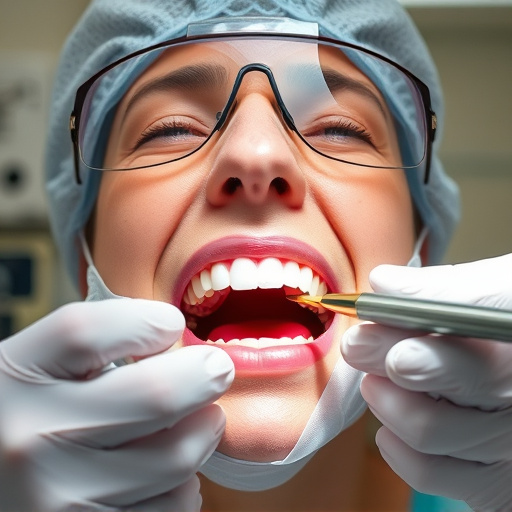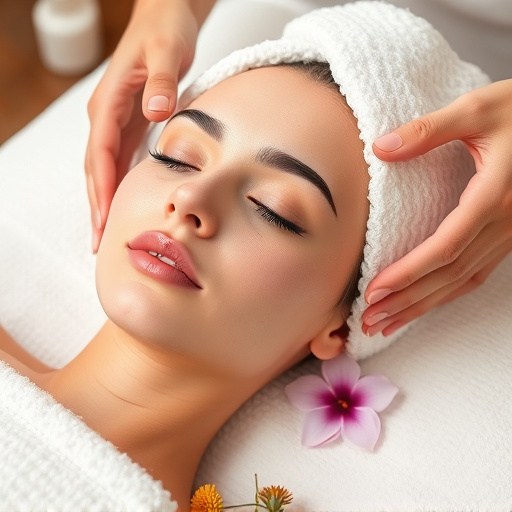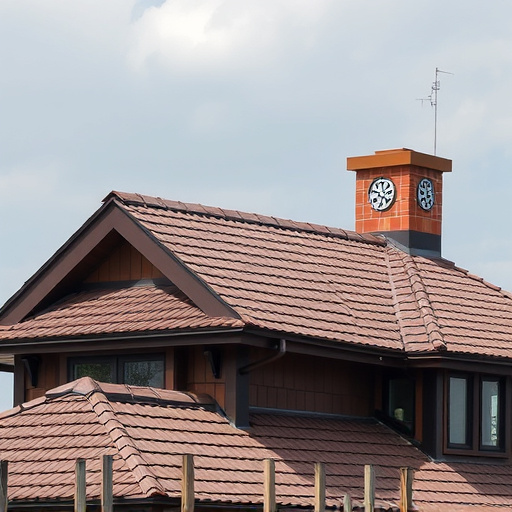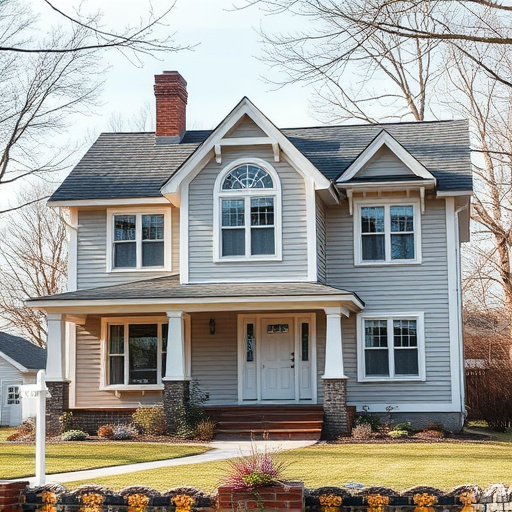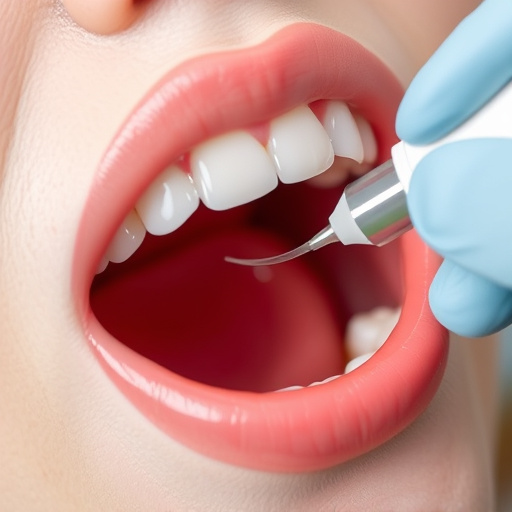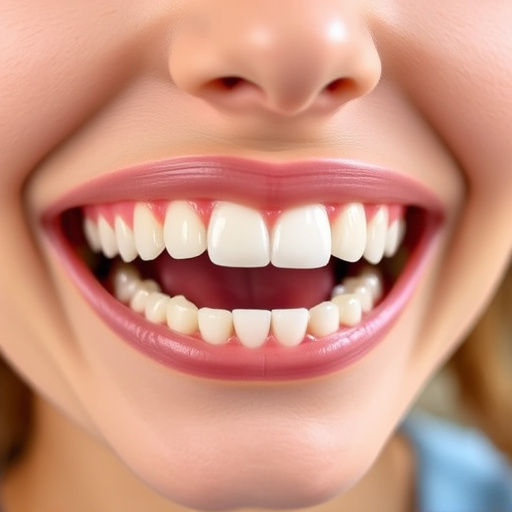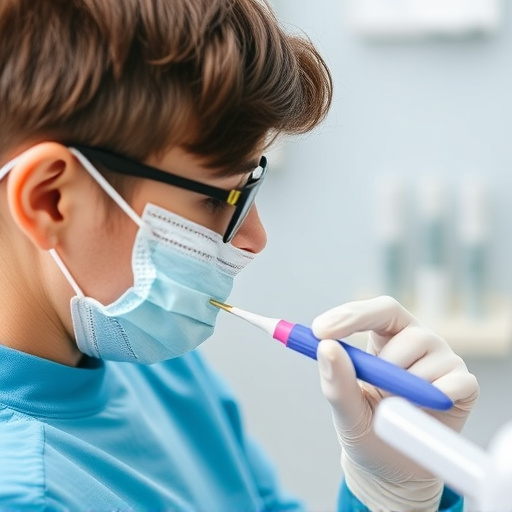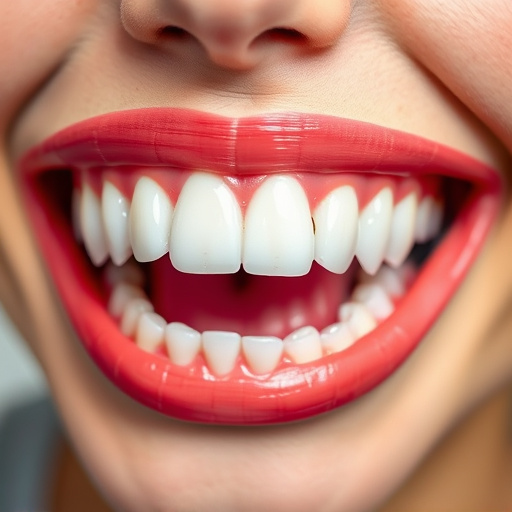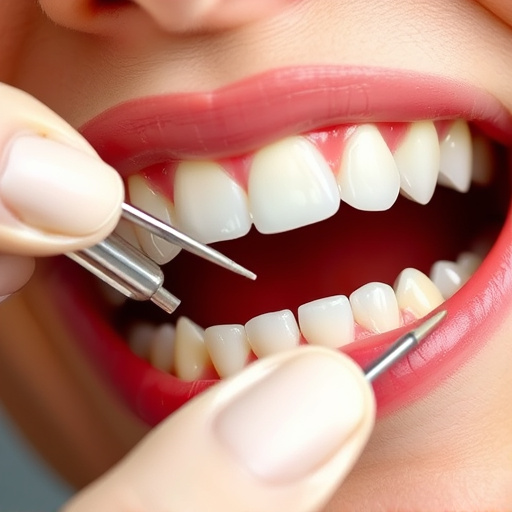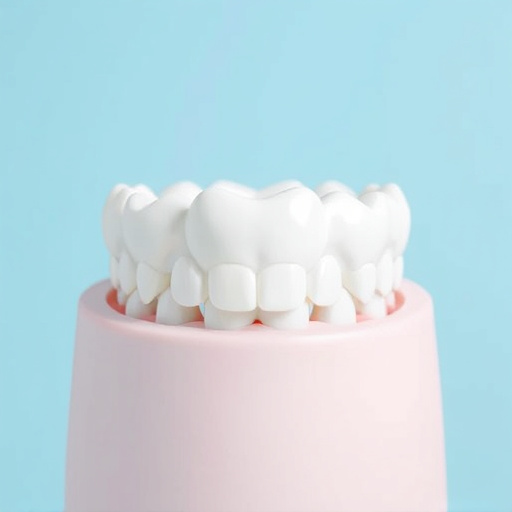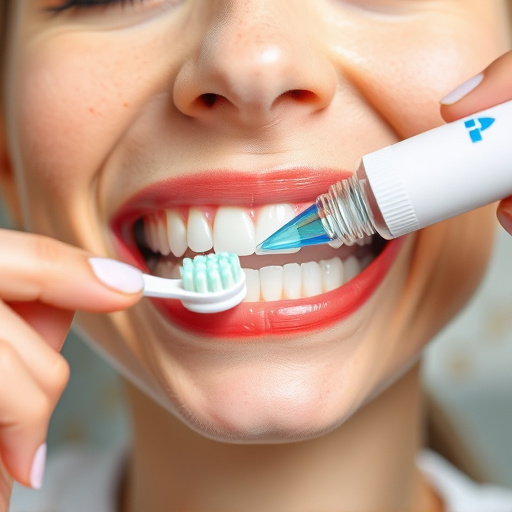As people age, their dental health requires specialized attention due to increased risks of tooth decay, gum disease, and dry mouth. Routine teeth cleaning is crucial for prevention. Wisdom tooth removal is common, with cosmetic dentistry offering non-invasive solutions using laser technology, 3D imaging, and CAD/CAM systems. Maintaining good dental care involves a daily routine of brushing and flossing, regular oral exams by a senior-focused dentist, and prompt addressing of issues through routine check-ups to ensure overall well-being.
As people age, their dental health needs evolve, requiring a nuanced approach. This article explores the essential aspects of dental care for seniors, focusing on non-invasive techniques that cater to their unique oral health challenges. We delve into understanding the specific needs of elderly individuals and offer practical tips for maintaining optimal senior dental hygiene. By adopting these strategies, you can enhance your loved ones’ quality of life and ensure they enjoy the benefits of a healthy, vibrant smile.
- Understanding Dental Health Needs of Seniors
- Non-Invasive Techniques for Better Oral Care
- Effective Tips for Maintaining Senior Dental Hygiene
Understanding Dental Health Needs of Seniors
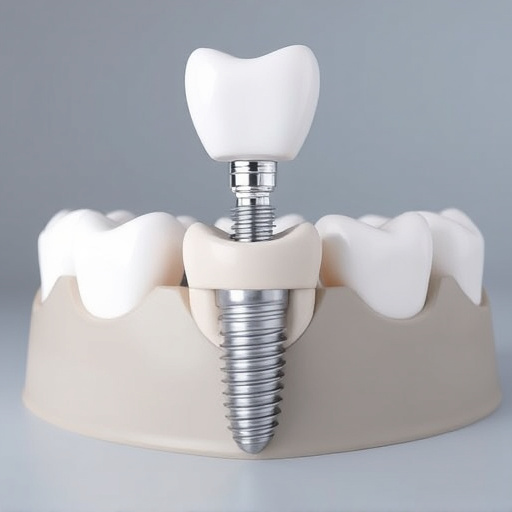
As people age, their dental health needs evolve, presenting unique challenges and requirements distinct from those of younger adults. Seniors often experience changes in their gums, teeth, and oral structures, making them more susceptible to certain conditions like tooth decay, periodontal (gum) disease, and dry mouth. These age-related factors necessitate a tailored approach to dental care for seniors. For instance, routine teeth cleaning becomes even more critical to prevent plaque buildup and gum inflammation.
One common concern among older adults is the management of wisdom tooth removal, as these teeth can become impacted or cause discomfort. Additionally, cosmetic dentistry might play a role in enhancing the smile and restoring confidence in seniors who seek ways to improve their dental aesthetics. However, it’s essential to prioritize non-invasive techniques and comprehensive oral care tailored to each individual’s needs.
Non-Invasive Techniques for Better Oral Care
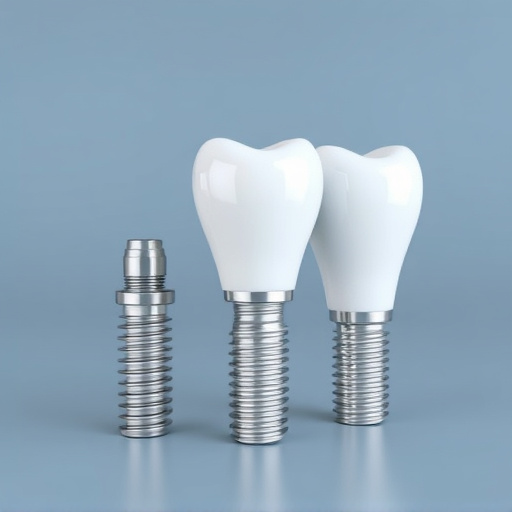
Non-invasive techniques have revolutionized dental care for seniors, offering safer and more comfortable options to maintain oral health. These advanced methods prioritize minimal intervention, ensuring that older adults can benefit from improved smile aesthetics and overall well-being without enduring painful or extensive procedures. One such technique is laser dentistry, which uses precise light beams to treat various conditions, from tooth decay to gum disease, with less discomfort and faster healing times compared to traditional methods.
Another popular approach is digital dentistry, where advanced technologies like 3D imaging and CAD/CAM (computer-aided design/computer-aided manufacturing) systems enable dentists to create precise dental restorations, including crowns, bridges, and even dental implants. These innovations ensure better fit, enhanced longevity, and natural aesthetics, contributing to the overall improvement of dental care for seniors. Moreover, with remote monitoring and teledentistry gaining traction, elderly patients can now access emergency dental care and general dentistry services from the comfort of their homes, promoting better oral health management.
Effective Tips for Maintaining Senior Dental Hygiene
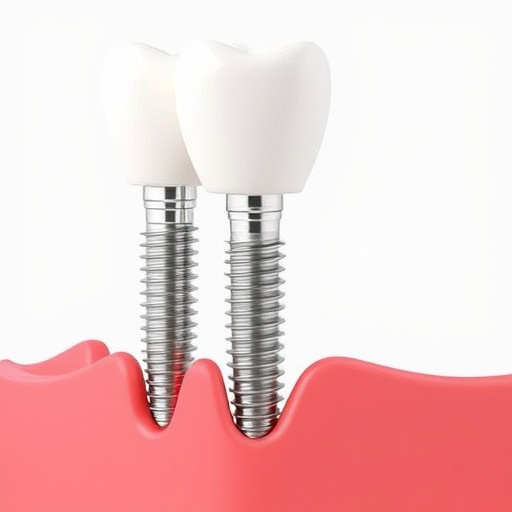
Maintaining good dental hygiene as a senior can be challenging but is essential for overall health and well-being. One effective tip is to establish a consistent daily routine that includes thorough brushing twice a day, using a soft-bristled brush and fluoride toothpaste. Flossing should also be incorporated into this routine, as it helps remove plaque buildup between teeth, where a toothbrush cannot reach. Regular cleaning with dental floss or interdental brushes is crucial for preventive dentistry.
Additionally, scheduling routine oral exams with a dentist experienced in senior dental care is vital. These visits allow for early detection of any dental issues, including gum disease or tooth decay. Dentists can also provide advice on suitable home care products and techniques tailored to the specific needs of seniors. Encouraging regular dental check-ups ensures prompt treatment of minor problems before they turn into more complex and costly tooth repairs.
Dental care for seniors is a crucial aspect of overall well-being, and adopting non-invasive techniques can significantly enhance oral health. By understanding the unique needs of aging mouths, we can ensure that older adults maintain comfortable and functional smiles. Through simple yet effective practices, such as regular cleaning, proper nutrition, and tailored dental hygiene routines, it’s possible to navigate the challenges that come with age. Embracing these strategies fosters a vibrant and healthy dentition, allowing seniors to enjoy the pleasures of clear speech, confident smiling, and overall improved quality of life.
